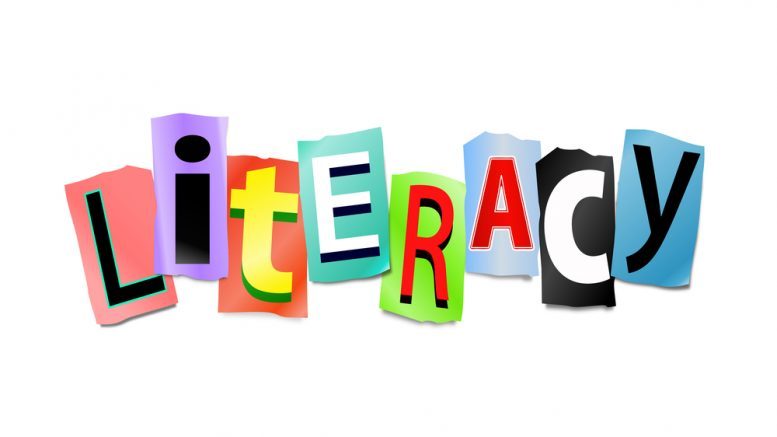Introduction
Teacher professional development plays a pivotal role in shaping the quality of education and the success of students. It involves ongoing learning opportunities and support for educators to enhance their knowledge, skills, and effectiveness in the classroom. In this blog, we’ll delve into the importance of teacher professional development and explore how it contributes to educational excellence.
Continuous Growth and Improvement
Effective teaching is not static; it requires continuous growth and improvement. Teacher professional development provides educators with the tools, resources, and opportunities they need to stay abreast of the latest research, pedagogical techniques, and best practices in education. By participating in professional development activities such as workshops, seminars, conferences, and online courses, teachers can expand their repertoire of teaching strategies, refine their instructional techniques, and address areas for growth.
Meeting Diverse Student Needs
Every student is unique, with individual learning styles, strengths, and needs. Teacher professional development equips educators with the knowledge and skills to meet the diverse needs of their students effectively. Whether it’s differentiated instruction, culturally responsive teaching, or special education strategies, ongoing professional development ensures that teachers are equipped to support all learners and create inclusive classroom environments where every student can thrive.
Adapting to Educational Trends and Innovations
The field of education is constantly evolving, with new trends, technologies, and innovations shaping the way we teach and learn. Teacher professional development helps educators stay current with these developments and adapt their teaching practices accordingly. Whether it’s integrating technology into the curriculum, implementing project-based learning, or fostering critical thinking and problem-solving skills, professional development empowers teachers to embrace innovation and enhance the educational experience for their students.
Promoting Collaboration and Professional Learning Communities
Teacher professional development fosters collaboration and the exchange of ideas among educators. Whether it’s through peer observation, collaborative planning sessions, or participation in professional learning communities, teachers can learn from one another, share best practices, and collaborate to improve student outcomes. By creating a culture of continuous learning and collaboration within schools, professional development contributes to a supportive and dynamic teaching environment.
Empowering Teachers as Leaders
Teacher professional development not only enhances classroom instruction but also empowers teachers as leaders within their schools and communities. Through opportunities for leadership development, mentorship, and teacher-led initiatives, educators can take on leadership roles, influence school policies and practices, and drive positive change. By investing in the professional growth and leadership potential of teachers, schools can cultivate a culture of excellence and innovation that benefits students, teachers, and the entire school community.
Conclusion
In conclusion, teacher professional development is essential for enhancing education and ensuring the success of students. By providing educators with opportunities for continuous growth, supporting diverse student needs, adapting to educational trends and innovations, promoting collaboration, and empowering teachers as leaders, professional development contributes to a culture of excellence and continuous improvement within schools. As we strive to create a world-class education system that prepares students for success in the 21st century, investing in teacher professional development must remain a top priority.





